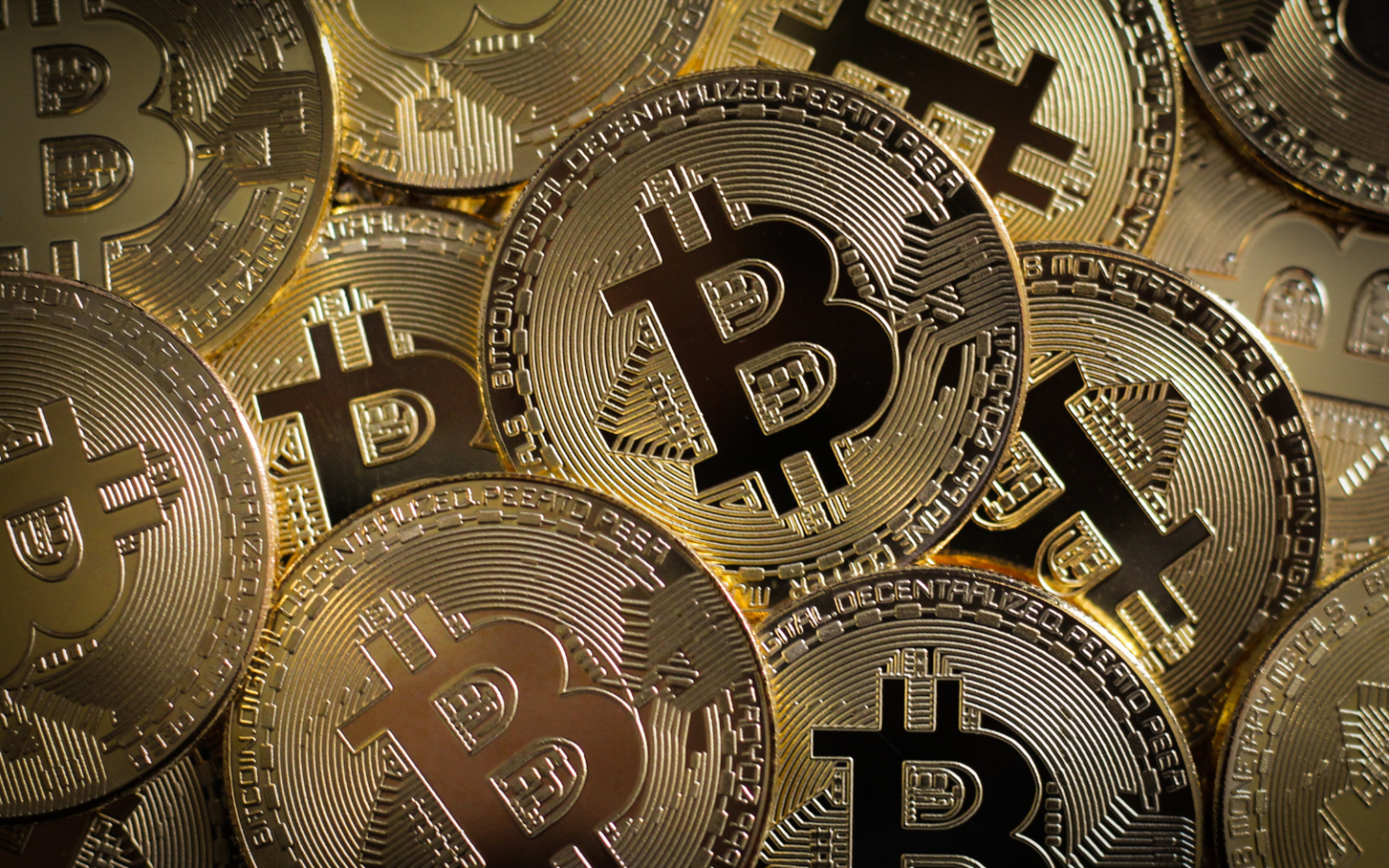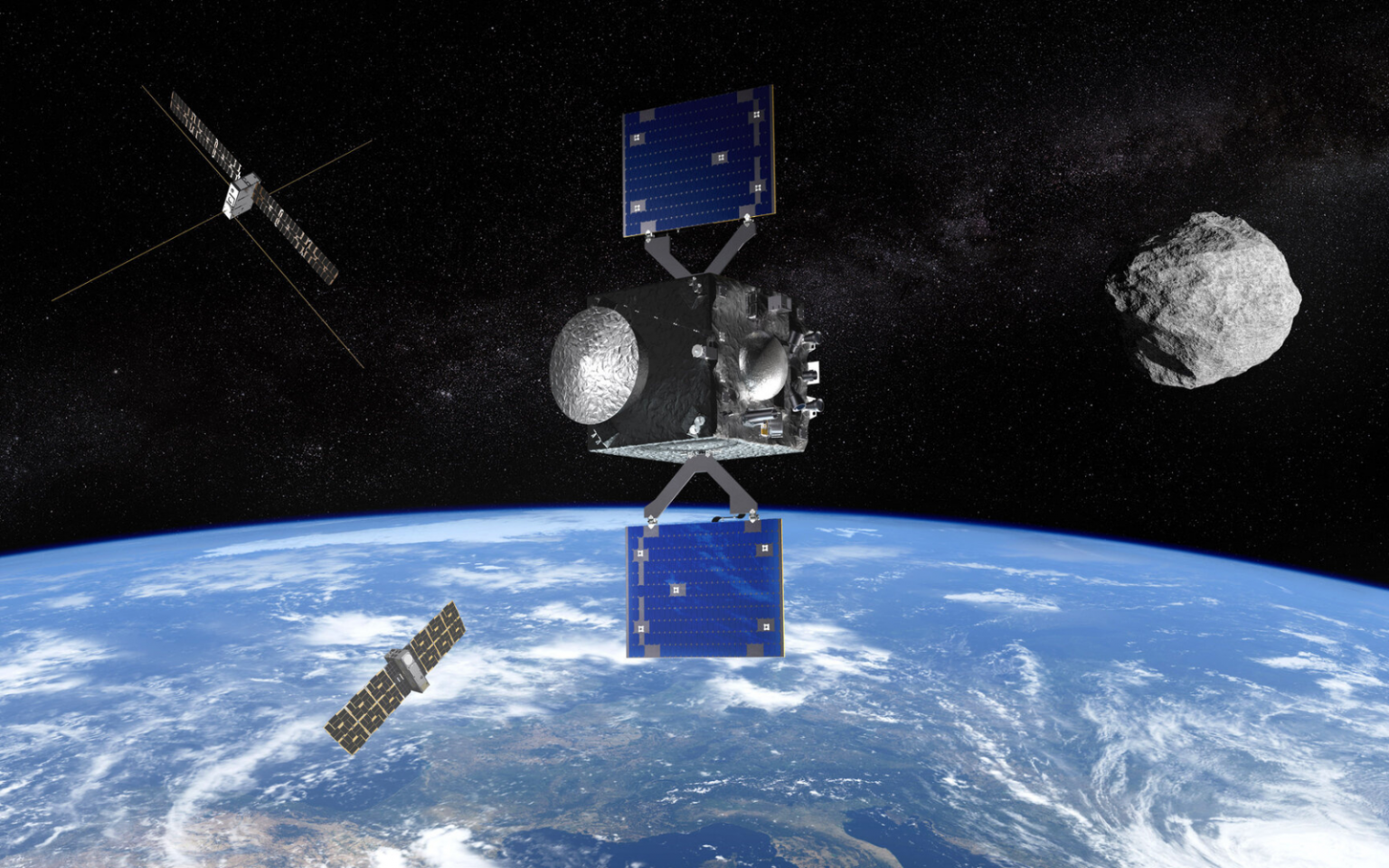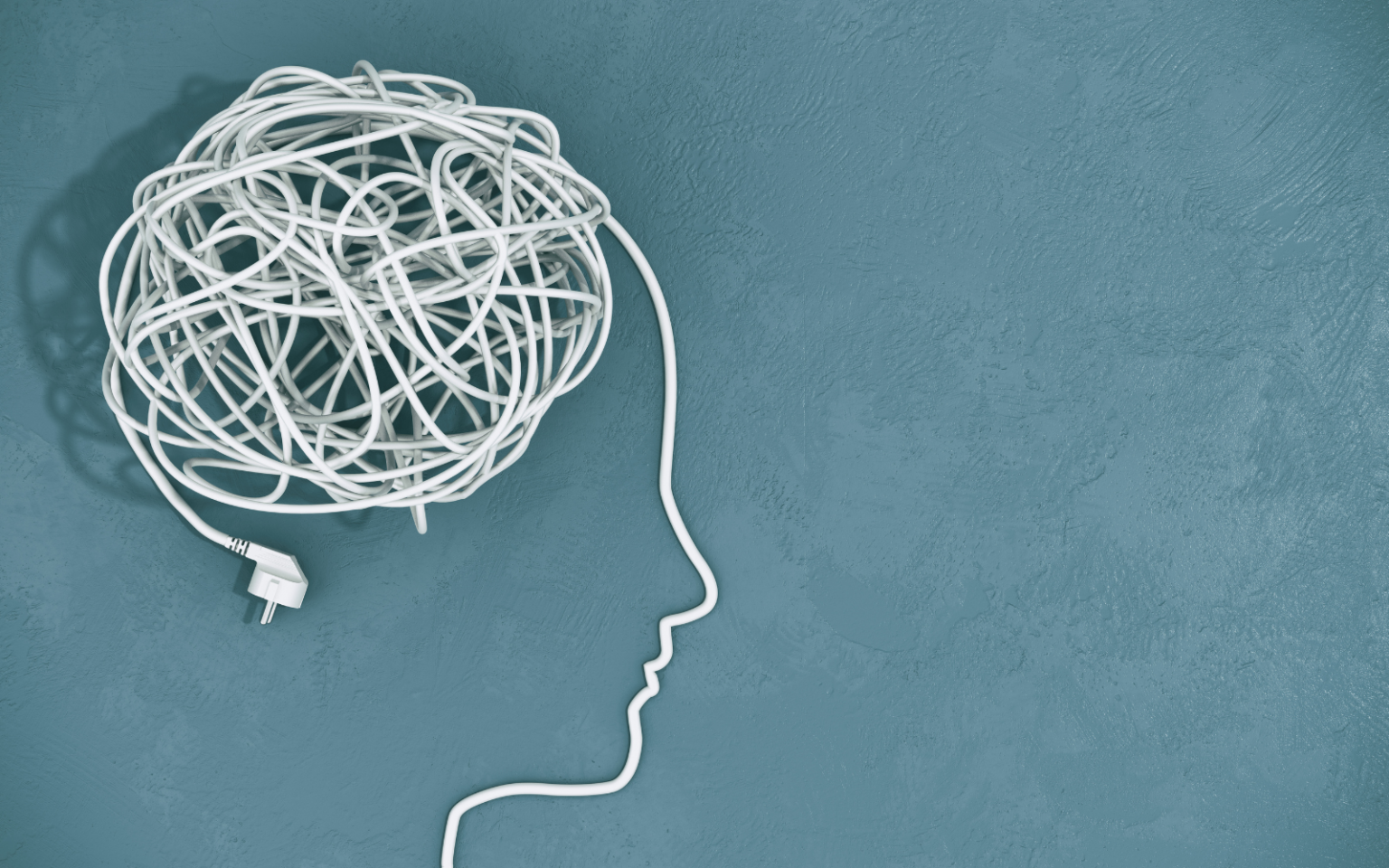Smartglasses, a type of wearable device, have evolved rapidly since the pioneering yet ill-fated Google Glass received social backlash in 2013. Early adopters were nicknamed “Glassholes”, and the product never reached commercialisation. No one could understand why people would want a weird-looking computer on their face taking photos and recording videos, and getting in the way of social interaction. This is in stark contrast to the design and functionality of new and emerging smart-glass technologies, such as Meta’s Ray-Ban Wayfarer Smart Glasses. These are almost indistinguishable from non-computerised eyewear. And while they are not the first to enter the commercial market, their second-generation…
Author: The Conversation
In the ambitious pursuit to tackle the harms from false content on social media and news websites, data scientists are getting creative. While still in their training wheels, the large language models (LLMs) used to create chatbots like ChatGPT are being recruited to spot fake news. With better detection, AI fake news checking systems may be able to warn of, and ultimately counteract, serious harms from deepfakes, propaganda, conspiracy theories and misinformation. The next level AI tools will personalise detection of false content as well as protecting us against it. For this ultimate leap into user-centered AI, data science needs to look to behavioural and neuroscience. Recent work suggests we might not…
One in five UK doctors use a generative artificial intelligence (Gen AI) tool – such as OpenAI’s ChatGPT or Google’s Gemini – to assist with clinical practice. This is according to a recent survey of around 1,000 GPs. Doctors reported using GenAI to generate documentation after appointments, help make clinical decisions and provide information to patients – such as comprehensible discharge summaries and treatment plans. Considering the hype around artificial intelligence coupled with the challenges health systems are facing, it’s no surprise doctors and policymakers alike see AI as key in modernising and transforming our health services. However, GenAI is a recent…
In 2008, someone using the pseudonym Satoshi Nakamoto published the design of the cryptocurrency bitcoin, proposed the initial code and was active online for just under two years. In this time, they helped develop the code, answer questions and promote the project. Then, claiming to busy with new things, Nakamoto left working on bitcoin and was probably never heard from again. HBO’s 2024 documentary Money Electric: The Bitcoin Mystery finds director Cullen Hoback looking for the real Nakamoto, motivated by bitcoin being “embraced by nation states” and “incorporated into 401(k)s.” The real Nakamoto? Several attempts to unmask Nakamoto have been made before. Previous theories suggest that the elusive developer…
The European Space Agency has given the go-ahead for initial work on a mission to visit an asteroid called (99942) Apophis. If approved at a key meeting next year, the robotic spacecraft, known as the Rapid Apophis Mission for Space Safety (Ramses), will rendezvous with the asteroid in February 2029. Apophis is 340 metres wide, about the same as the height of the Empire State Building. If it were to hit Earth, it would cause wholesale destruction hundreds of miles from its impact site. The energy released would equal that from tens or hundreds of nuclear weapons, depending on the yield of the device.…
Have you ever thought of an ankle sprain as a brain injury? Most people probably wouldn’t. However, we are starting to understand how the brain is constantly adapting, known as plasticity. Even though the damage of an ankle sprain happens at the ankle, there may also be some changes going on in the brain to how it well it senses pain or movement. One of our doctoral students, Ashley Marchant, has shown something similar happens when we change how much weight (or load) we put on the muscles of the lower limb. The closer the load is to normal earth gravity, the…
Artificial intelligence-generated summaries of scientific papers make complex information more understandable for the public compared with human-written summaries, according to my recent paper published in PNAS Nexus. AI-generated summaries not only improved public comprehension of science but also enhanced how people perceived scientists. I used a popular large language model, GPT-4 by OpenAI, to create simple summaries of scientific papers; this kind of text is often called a significance statement. The AI-generated summaries used simpler language – they were easier to read according to a readability index and used more common words, like “job” instead of “occupation” – than summaries written by…
Life in the digital world can be rewarding. It’s convenient to order groceries for pickup, share photographs or music, and keep in touch with family and friends, no matter the distance. However, it can also be draining. The feeling of being constantly “on” and productive has driven people to reconsider their balance in the saturated digital world. More than 70% of American adults are concerned about how technology affects their mental health and personal relationships. This worry is reinforced through media that point to people’s unhealthy habits with social media and phones. What to do? There is a fuzzy line between healthy…
If you visit a commercial mining operation anywhere in the world today, some sights and sounds – workers descending in elevators to underground shafts, the roar of truck engines – will be much the same as they have been for decades. But, like many other industries, mining is changing. Digital mining involves the use of digital technologies to make mining operations more efficient, safer, and sustainable. This industry emerged about a decade ago and has developed quickly over the past few years. This uptick is the result of recent advances in sensor technology, data analytics and artificial intelligence (AI), including…
Last week, the tragic news broke that US teenager Sewell Seltzer III took his own life after forming a deep emotional attachment to an artificial intelligence (AI) chatbot on the Character.AI website. As his relationship with the companion AI became increasingly intense, the 14-year-old began withdrawing from family and friends and was getting in trouble at school. In a lawsuit filed against Character.AI by the boy’s mother, chat transcripts show intimate and often highly sexual conversations between Sewell and the chatbot Dany, modelled on the Game of Thrones character Danaerys Targaryen. They discussed crime and suicide, and the chatbot used phrases such as…










